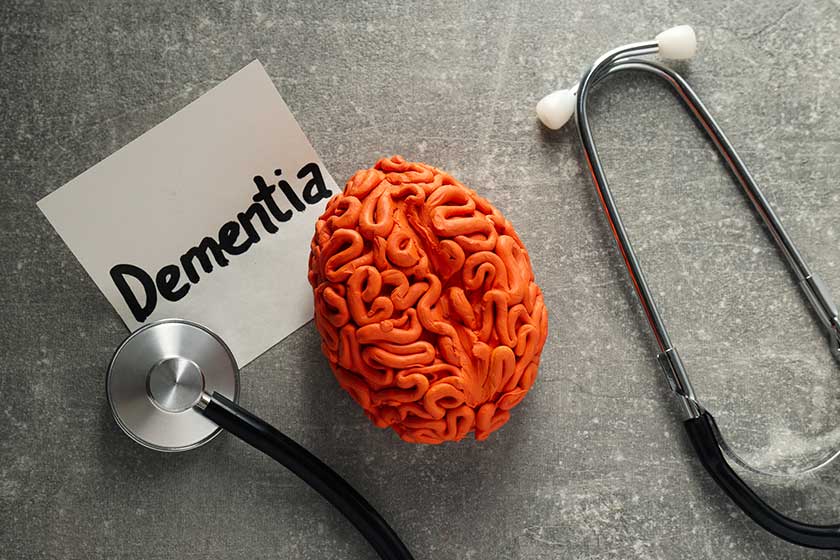Mixed dementia, a complex condition characterized by the co-occurrence of two or more types of dementia, presents unique challenges for individuals and their caregivers. In this comprehensive guide, we delve into the intricate landscape of mixed dementia, exploring its definition, symptoms, diagnosis, treatment options, caregiving strategies, promising research endeavors, and the importance of community support.
Understanding Mixed Dementia
Mixed dementia is a convergence of different forms of dementia, most commonly Alzheimer’s disease and vascular dementia. However, it can also include other types such as Lewy body dementia or frontotemporal dementia. This amalgamation complicates the clinical picture, as symptoms may manifest differently and progress at distinct rates. The intertwined nature of various dementia types underscores the importance of a comprehensive diagnostic approach and tailored management strategies.
Symptoms and Diagnosis
Symptoms of mixed dementia encompass a wide range of cognitive, behavioral, and functional changes. These may include memory loss, confusion, language difficulties, mood fluctuations, and impairments in motor skills. Diagnosing mixed dementia requires a thorough assessment, incorporating medical history, physical examination, cognitive evaluations, and neuroimaging studies. Clinicians must differentiate between the various dementia subtypes to formulate an accurate diagnosis and develop an individualized care plan.
Treatment Approaches
Management of mixed dementia focuses on alleviating symptoms, slowing disease progression, and enhancing overall quality of life. While no cure currently exists, pharmacological interventions such as cholinesterase inhibitors or memantine may offer symptomatic relief and cognitive stabilization. Additionally, non-pharmacological strategies, including lifestyle modifications, social engagement, and supportive therapies like occupational or speech therapy, play integral roles in optimizing patient outcomes. A holistic approach that addresses both cognitive and non-cognitive symptoms is essential for comprehensive dementia care.
Caring for Individuals with Mixed Dementia
Providing care for someone with mixed dementia requires patience, empathy, and resilience. Establishing a supportive care environment, fostering open communication, and prioritizing self-care are crucial for caregivers. Seeking guidance from healthcare professionals, participating in caregiver support groups, and accessing community resources can provide valuable assistance and emotional support. Caregivers must also recognize the importance of respite care and explore options for temporary relief to prevent burnout and promote well-being.
Promising Research and Future Directions
Despite the challenges posed by mixed dementia, ongoing research initiatives offer hope for innovative treatment modalities and improved prognoses. Clinical trials investigating novel therapeutic agents, biomarkers, and non-pharmacological interventions hold promise for advancing our understanding and management of mixed dementia. By actively participating in research endeavors and staying informed about emerging developments, individuals affected by mixed dementia can contribute to shaping the future of dementia care and fostering hope for better outcomes.
The Importance of Community Support
In addition to medical interventions and professional care, community support plays a crucial role in enhancing the well-being of individuals with mixed dementia and their caregivers. Community-based organizations, Alzheimer’s associations, and local support groups offer valuable resources, education, and social connections for those affected by dementia. Engaging with these networks fosters a sense of belonging, reduces isolation, and provides practical assistance in navigating the complexities of mixed dementia.
Mixed dementia presents a multifaceted clinical entity that necessitates a holistic approach to diagnosis, treatment, and caregiving. By embracing a comprehensive understanding of the condition, accessing appropriate medical care, fostering supportive caregiving networks, and engaging with community resources, individuals impacted by mixed dementia can navigate this challenging journey with resilience and dignity. As research continues to evolve and new treatment modalities emerge, there is optimism for improved outcomes and enhanced quality of life for individuals living with mixed dementia and their caregivers.







